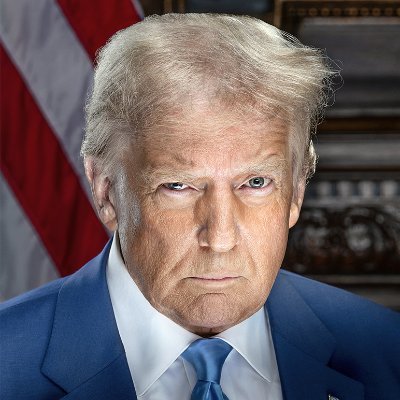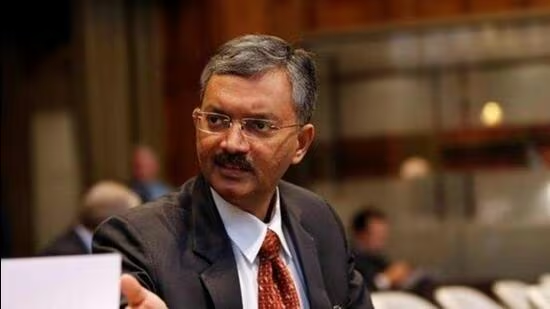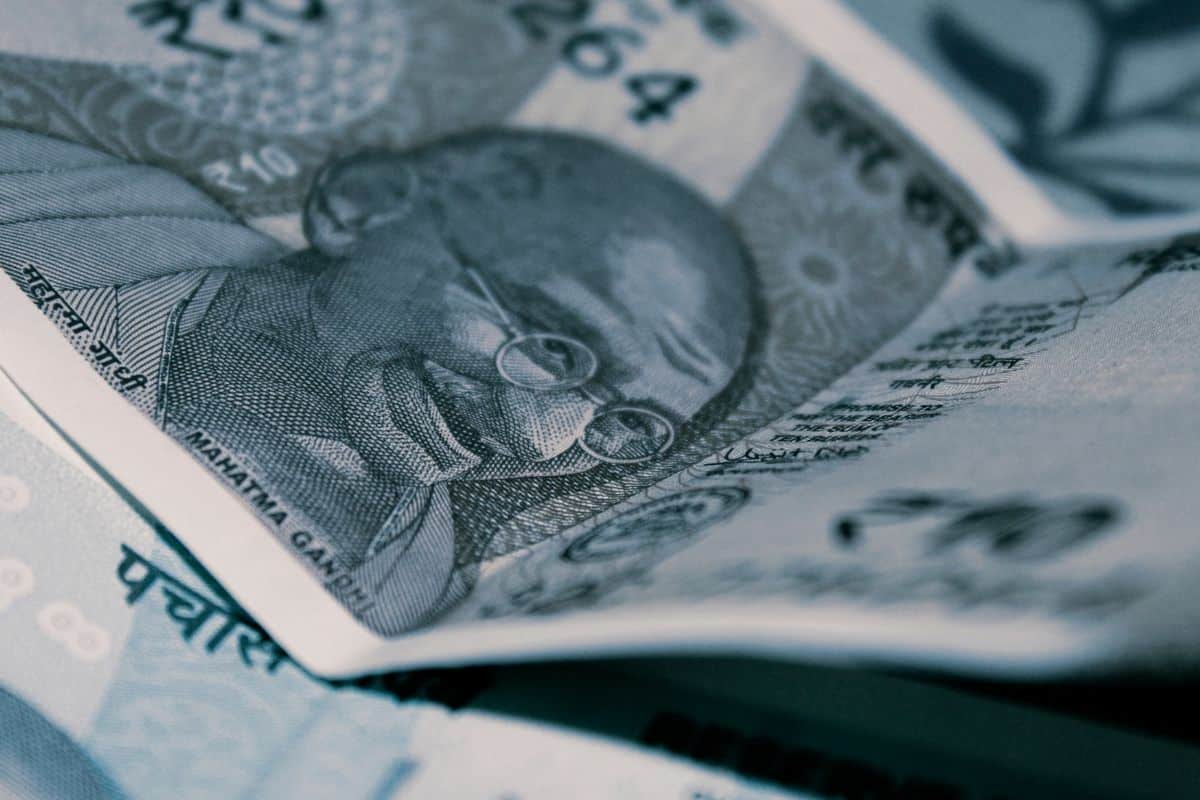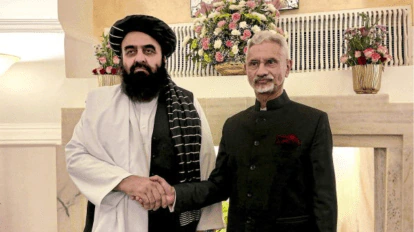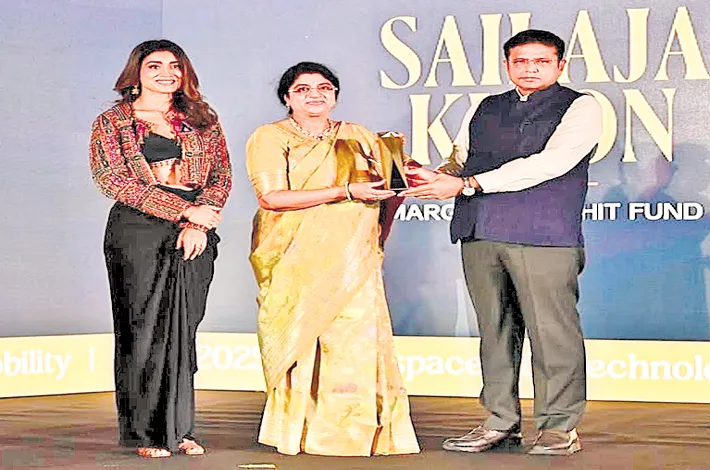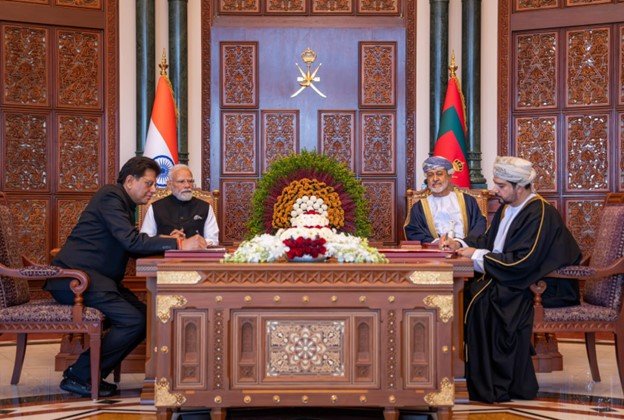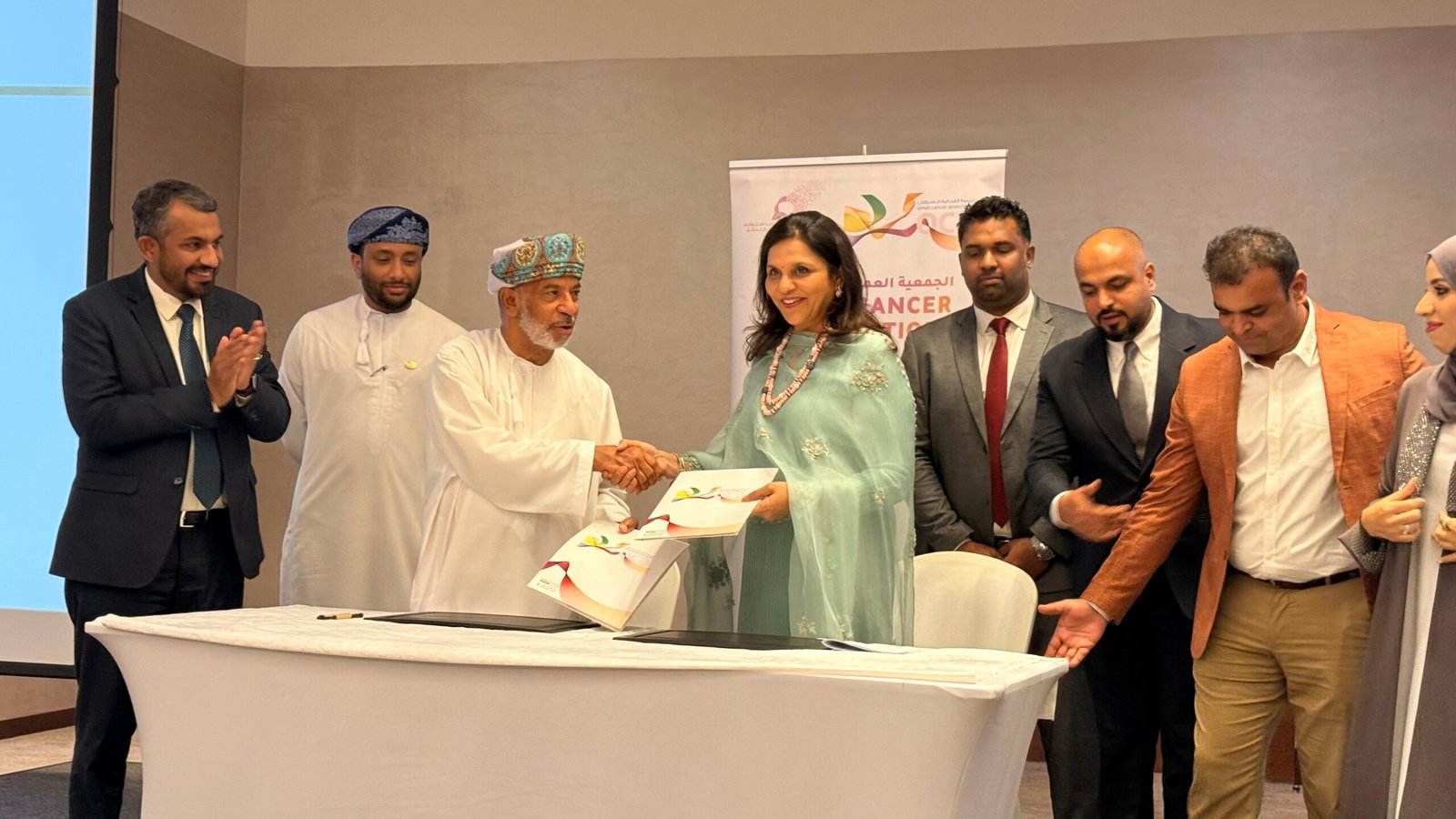New Delhi seeks balance abroad while reforms at home remain critical
It was a photograph that reverberated across global media — Prime Minister Narendra Modi with Chinese President Xi Jinping and Russian President Vladimir Putin sharing a moment at the Shanghai Cooperation Organisation (SCO) summit in China. By posting the image on X, Modi signaled India’s intent to pursue an independent foreign policy rooted in multipolarity and national interest, a message directed unmistakably at Washington, reported gulfnews.com.
Just months ago, such an image would have been hard to imagine. While India and China have been cautiously rebuilding relations after the 2020 Galwan clashes, US President Donald Trump’s policies and rhetoric may have inadvertently accelerated India’s pragmatic outreach to Beijing and Moscow. His trade advisor Peter Navarro’s outburst — accusing India of being “in bed with dictators” — underscored Washington’s unease.
India signals independence in foreign policy even as ties with US face strain
Indian media’s coverage of the SCO was described as shallow, swinging from once-predicting China’s downfall to now celebrating a new warmth with Beijing while vilifying Trump. Analysts note that foreign policy cannot be reduced to a Bollywood-style melodrama. Instead, India is carefully recalibrating ties where nothing is absolute. Pragmatism dictates engagement with China, despite the unsettled border, and maintaining open lines with Washington, evidenced by Commerce Minister Piyush Goyal’s statement expressing hope for a US-India trade deal by November.
India cannot afford hostility with either Washington, Moscow, or Beijing. Each relationship brings both benefits and contradictions. While border tensions with China remain unresolved, US-India economic and scientific ties are vital. Yet, Trump’s approach — from tariff disputes to targeting Indian professionals on H-1B visas — has strained trust built over decades. Experts argue that repairing this trust must begin in Washington, though rebuilding may take years.
The broader lesson for Indian policymakers is to avoid being swayed by rhetoric. The once-popular slogan “Abki Baar Trump Sarkaar” has lost its shine, highlighting the risks of over-investing in personalities over principles. More importantly, the moment calls for India to focus inward — tackling protectionism, driving reforms, and investing in infrastructure, education, and social welfare.
If India acts decisively, this could be the moment to strengthen both its global standing and its domestic foundations.

